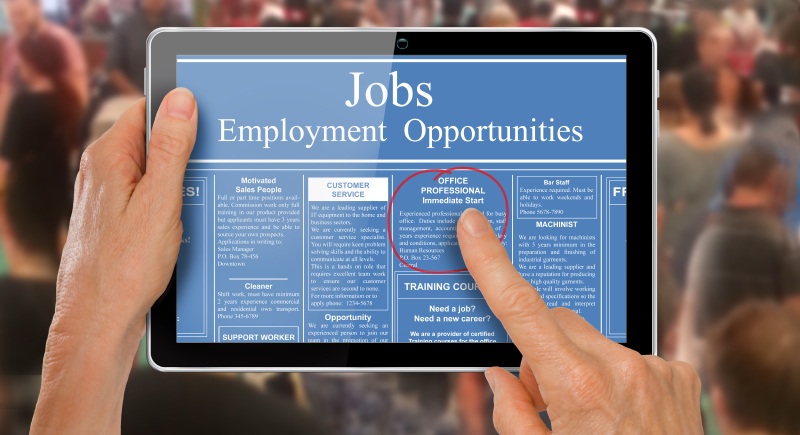Unreasonable job requirements can frustrate applications and be equally damaging for employers. When companies set the bar impossibly high (or bizarrely specific), they scare away talented candidates who might otherwise be a perfect fit. This results in a less diverse applicant pool and failure to find the right person for the role.
So, what are the worst position requirements? Let’s find out!
Entry-Level Jobs Requiring Senior-Level Experience

Most people are excited to start their career only to find “entry-level” jobs requiring 5+ years of experience. If you had that much experience, you wouldn’t be looking for entry-level work! Employers should focus on skills and potential rather than setting impossible standards that exclude qualified newcomers.
Years of Experience in Brand-New Technology

Ever seen a job post demanding 5+ years of experience in a technology that’s only been around for two? It happens. This unrealistic requirement either exposes poor research by the employer or discourages skilled applicants. Tech evolves fast—hiring expectations should, too!
High Expectations for Unpaid Work

Unpaid internships are tough enough, but expecting candidates to have degrees, years of experience, and specialized skills without paying them is downright exploitative. If a company truly values a candidate’s expertise, it should compensate them fairly instead of treating skilled professionals like free labor.
Vague Job Descriptions That Say Nothing

“Must be a team player with a go-getter attitude.” Great, but what does the job actually involve? When employers fail to outline clear responsibilities, candidates can’t tell if they’re applying for a marketing role, a customer service job, or an unpaid personal assistant gig. Clarity attracts better candidates.
Expecting Over-the-Top Passion for a Random Company

Passion is great—but let’s be realistic. Some job postings demand undying enthusiasm for the company, even for roles that have little to do with its core mission. It’s one thing to love what you do, but demanding a customer service rep to have a passion for paperclips can be very weird.
Requirements that Make No Sense

Some job postings include unnecessary physical requirements. This is possibly to exclude certain applicants. Unless crunching numbers suddenly requires deadlifts, this makes no sense. Job descriptions should align with actual job duties.
Being Available 24/7 (Without Extra Pay)

A “flexible” job shouldn’t mean working nights, weekends, and holidays without fair compensation. Some employers expect constant availability while offering a salary that barely covers rent. Work-life balance is a necessity, and companies should be willing to pay accordingly if they want round-the-clock dedication.
Supplying Your Own Expensive Equipment

Some companies expect candidates to bring their own laptops, software, and even office supplies. If a job requires specialized tools, the employer should provide them. For instance, a chef won’t be told to bring their own oven or a surgeon is required to bring a scalpel. The same logic applies here.
Overemphasis on “Cultural Fit”

Sure, a good work environment is important, but using “cultural fit” to reject qualified candidates can be a cover for discrimination. When hiring focuses too much on personality rather than skills, companies risk creating a homogenous workforce that lacks diversity and fresh perspectives.
Non-Compete Agreements for Low-Level Jobs

A non-compete clause makes sense for high-level executives with access to trade secrets, but for a barista or retail worker, this requirement could be absurd. These contracts can unfairly limit job opportunities and trap employees in low-paying positions.
A Never-Ending List of Required Skills

Some job postings ask for expertise in 15 different software programs and fluency in multiple languages just to answer phones. Employers throw in every skill they can think of, even if they aren’t necessary for the job, without actually focusing on what really matters.
Arbitrary Age Requirements

Age-based job restrictions are often illegal and exclude perfectly qualified candidates. Experience, skills, and attitude should determine eligibility—not someone’s birth year. Whether you’re 22 or 52, if you can do the job, you should have the chance to apply.
Mandatory Unpaid Training

Expecting employees to work for free before officially being hired is exploitative. While training is essential, it shouldn’t be done for free. These tactics take advantage of job seekers who need income. If it’s work, it deserves pay.
Demanding Access to Personal Social Media

Some companies ask for employees’ social media logins or require them to promote the business on their personal accounts. That’s a massive privacy violation. Your personal Instagram isn’t free advertising space, and no job should demand access to your private life outside of work.